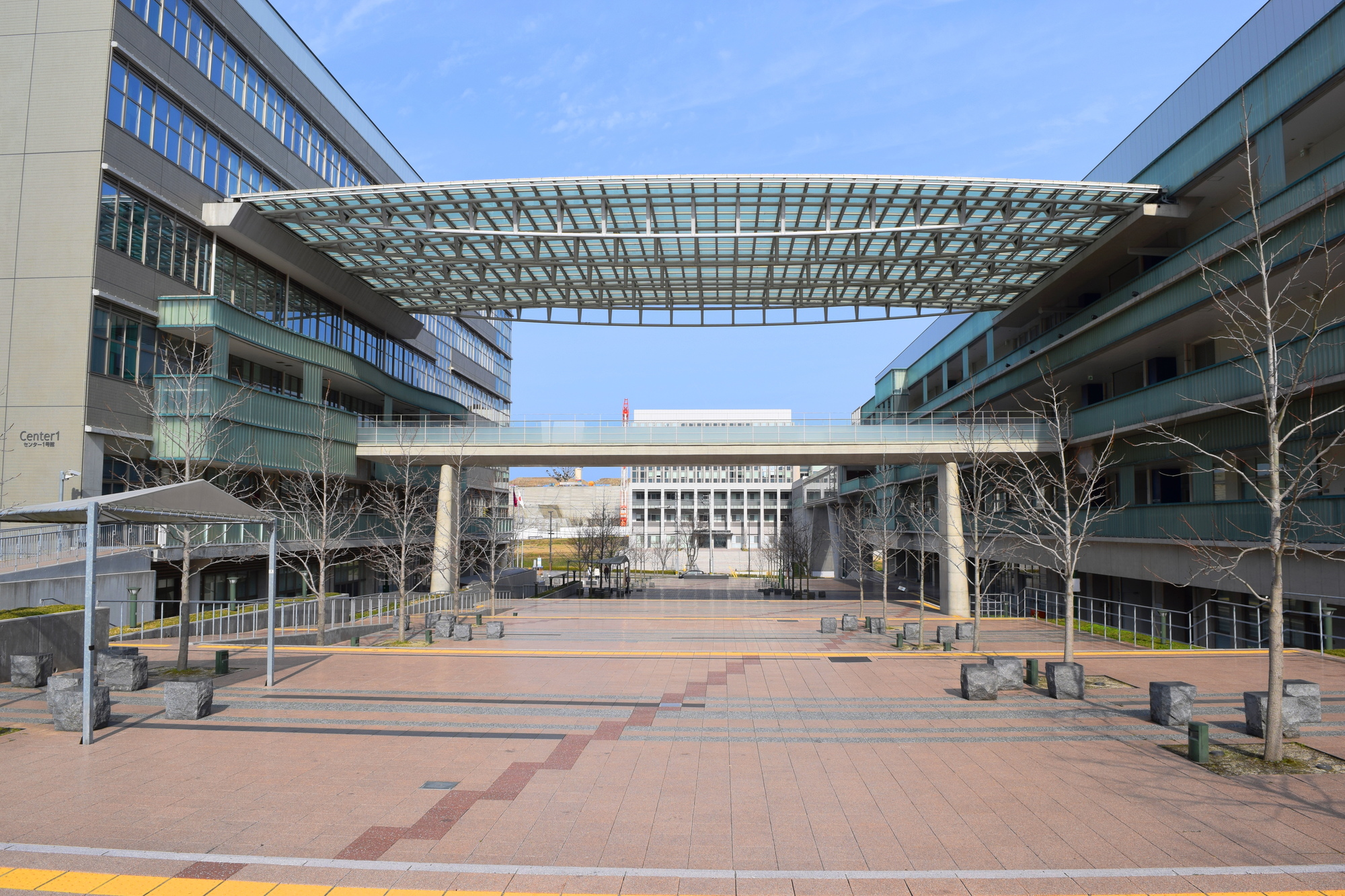Keita Maeno, a graduate student of the doctoral program at the Graduate School of Economics, Kyushu University, Professor Shigemi Kagawa of the Graduate School of Economics, Kyushu University, and Yamagata University, have shown that rebuilding the global supply chain is effective in reducing carbon dioxide (CO2) emissions. The research group of Professor Shohei Tokito, an academic researcher, found out.
According to Kyushu University, the research team has developed a method to analyze the impact of supply chain restructuring on CO2 emissions by integrating four input-output analysis methods.Using it to examine the Japanese automobile industry as an example, it was found that the restructuring of the supply chain has the potential to reduce CO2 emissions from automobiles by 6.5%.
Furthermore, a structural analysis of changes in CO2 emissions due to supply chain restructuring revealed that if products were not purchased from China, which is considered to be a hotspot for CO2 emissions (* 1), it would be more than the CO2 emissions generated by product production in other countries. It became clear that CO2 can be reduced.
In order to build a low-carbon green supply chain, the research team said that it is necessary to take detailed CO2 emission reduction measures up to the upstream part of the supply chain, that is, the "supplier supplier", and to reduce carbonization through structural reforms. I think that decarbonization should be promoted.
* 1 Hotspot An industry group that emits a large amount of CO2 in the supply chain network of an industry.
Paper information:[Energy Economics] CO2 mitigation through global supply chain restructuring


